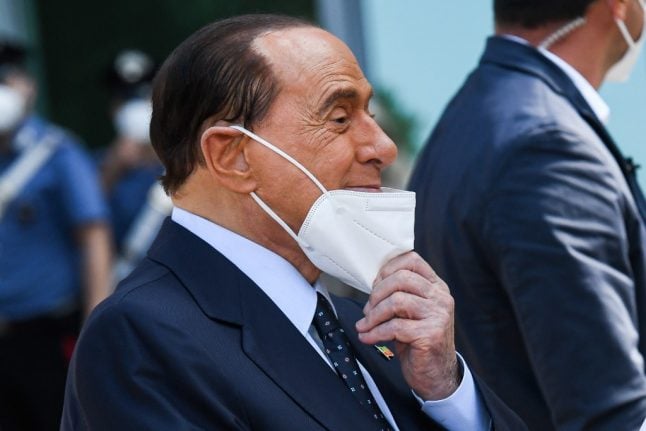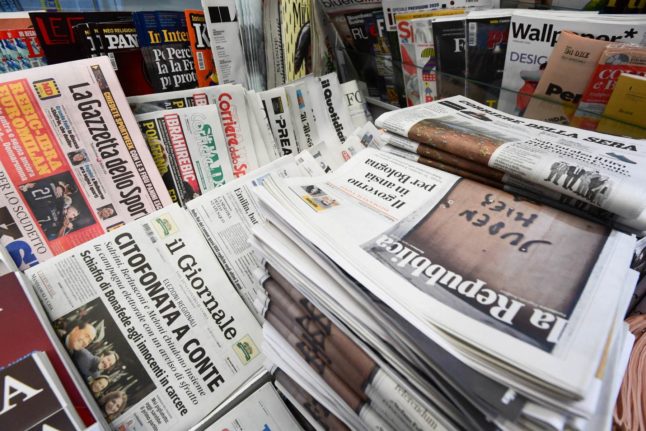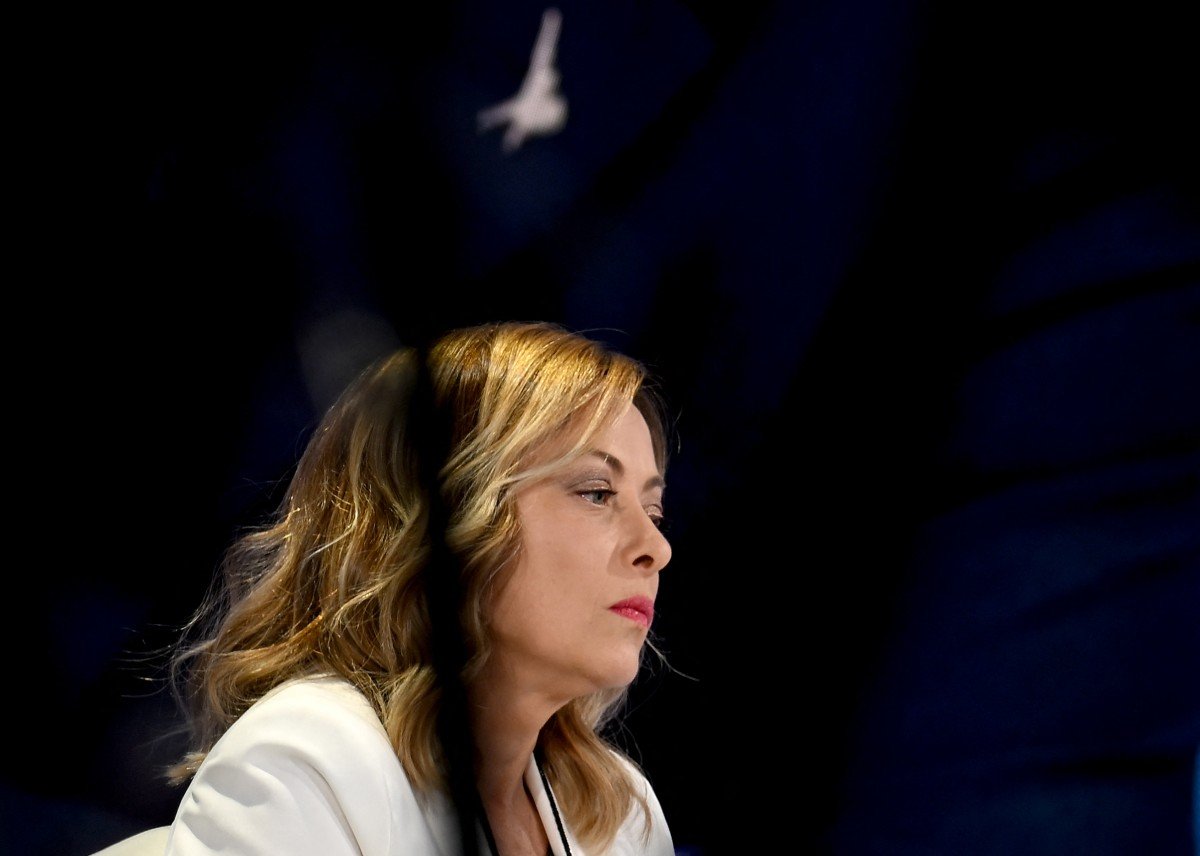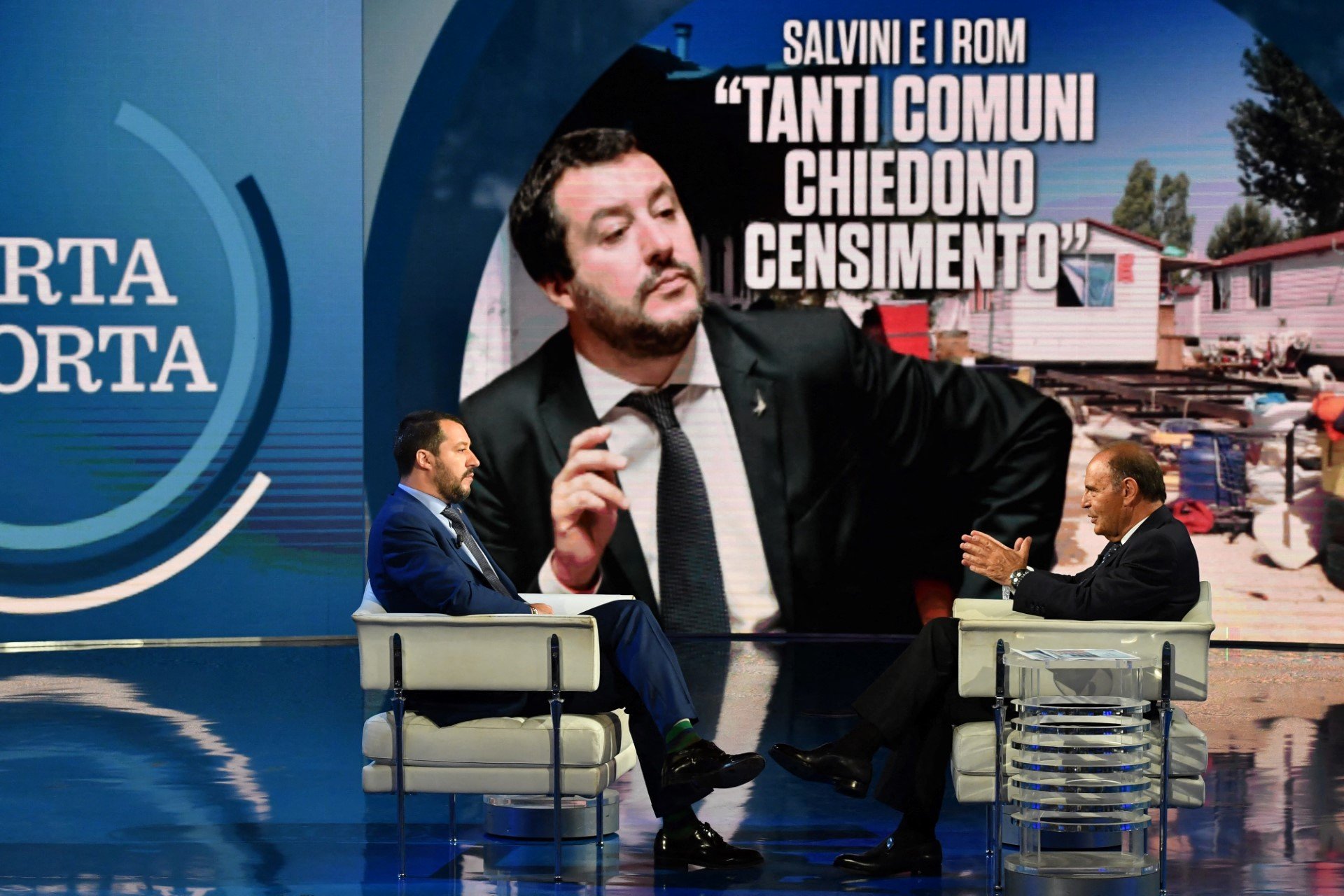The 84-year-old media tycoon is currently at Monaco's Cardiothoracic Centre, where his doctor sent him on Monday to undergo tests.
“I would like to reassure everyone: I am in good health, my hospitalisation was necessary only for some more than routine tests imposed by the prudence of my doctors,” Berlusconi wrote on his Facebook page. “My activity continues normally, in constant contact with my collaborators and the protagonists of public life, in this very difficult moment for the country.”
Italy is currently in the grips of a political crisis that could potentially topple Prime Minister Giuseppe Conte.
READ ALSO: Italy's political crisis: Why now, and what happens next?
Berlusconi, who was Italy's prime minister for his centre-right Forza Italy party three times between 1994 and 2011, has had a string of health issues in recent years. He underwent open heart surgery in 2016, and last September was hospitalised for 11 days with coronavirus.
His personal doctor, Alberto Zangrillo, told the ANSA news agency that he made an urgent visit to Berlusconi in the south of France on Monday because of an irregular heart beat.
“I decided on an urgent hospitalisation at the Monaco cardiac centre, deeming imprudent a transfer to Italy,” he said.
Berlusconi's spokesman told AFP he expected the ex-premier to return home “within a few days.”
Berlusconi contracted Covid-19 after returning from a holiday at his luxury villa in Sardinia, where infections were spiralling. Two of his children also became infected, as did his companion Marta Fascina.
“Thank heavens, thanks to the doctors, I got over what was perhaps the most difficult ordeal of my life,” he said as he left hospital. “Once again, I seem to have got away with it!”
As a media and sports tycoon, billionaire playboy and scandal-plagued politician, Berlusconi has dominated Italian public life for decades.
A hearing due on Thursday in the latest case against him, related to the infamous “Bunga Bunga” sex parties he threw while premier, was postponed to April following his hospitalisation.
Berlusconi was convicted but later acquitted of sex with a minor and abuse of office in the scandal over parties with prostitutes hosted at his villa near Milan. But the current trial, in Siena, concerns alleged payments made by Berlusconi to people who attended the parties in exchange for their silence.
Prosecutors have asked for a sentence of four years and two months.





 Please whitelist us to continue reading.
Please whitelist us to continue reading.
Member comments